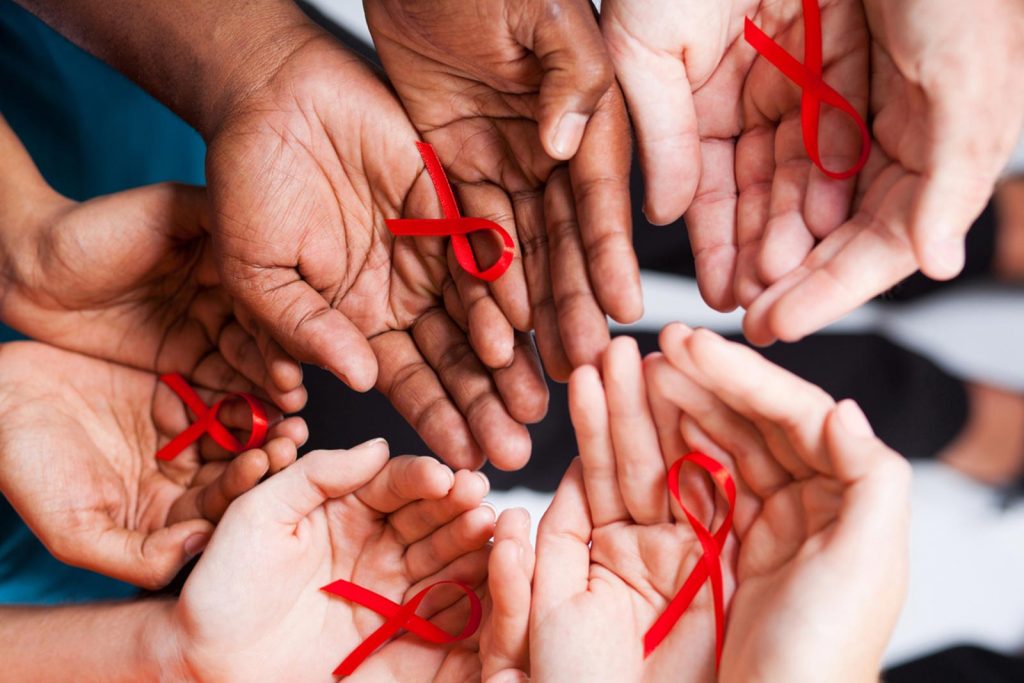There are more options than ever to help you stay HIV negative.
When used correctly and consistently, condoms have been shown to be highly effective in preventing the spread of HIV, as well as many other sexually transmitted diseases (STDs).
For added protection, consider PrEP (pre-exposure prophylaxis), a once-daily pill to help protect against HIV. When taken as prescribed, PrEP has been found to reduce the chance of getting HIV by more than 90 percent.
Continue to make HIV testing a routine part of your health care. Your health care provider can advise on how often you should get tested. For those at higher risk of exposure, more frequent testing is advised, in some instances as often as every 3 to 6 months.





